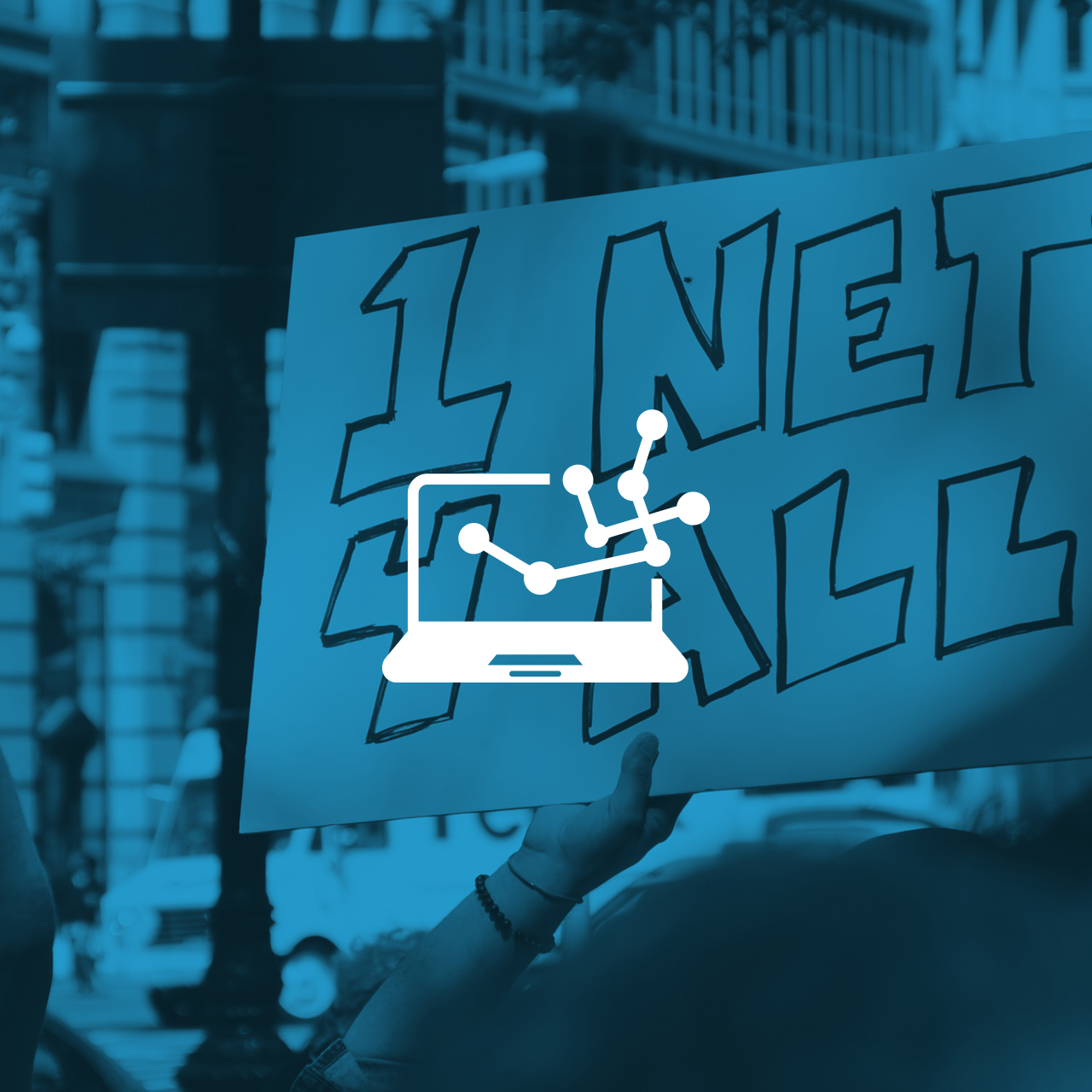
Editor’s Note: Net neutrality is a global issue, but only recently has it made headlines in India. After the country’s biggest mobile provider, Airtel, threatened to charge extra for voice-over-IP (VoIP) services like Skype and Viber, users rose up and Indian regulators questioned the move. Airtel subsequently backed off for now.
These services are sometimes referred to as Over-the-Top Services, or OTT, which generally include applications, platforms, and content offered by third parties, not by your ISP or mobile operator. Access partner Chaitanya Ramachandran, a telecoms lawyer in New Delhi, fills us in on the news, what’s next, and what it means for the global fight for neutral telecom networks.
What happened (very briefly)
In December, Airtel, India’s largest mobile service provider, announced a hike in data charges for VoIP services on its network. That is, existing data plans would now exclude VoIP services, which would be separately charged at higher rates. This immediately drew flak from all quarters – it was criticized by VoIP services like Viber and Line, and led to well-publicized consumer outrage and criticism in the media. Just a few days later, Airtel backtracked on this proposed move, but ostensibly not in response to the backlash. It said it would delay the move in anticipation of a public consultation paper by the Telecommunications Regulatory Authority of India (TRAI) on the need for regulating over-the-top services (OTT), including VoIP. The paper by TRAI is expected to be published later this month.
What’s likely to happen next
A public consultation by our national telecoms regulator would allow all interested parties’ views to be heard prior to any rulemaking, including telcos, OTTs, and consumers. This will not be TRAI’s first look at OTT issues – last August, it held an informal open house meeting to debate the need for regulating OTT services, which are currently largely unregulated in India, and both telcos and OTTs expressed their views. This was in response to complaints from telcos to TRAI about OTTs cannibalizing their revenues. At the time, TRAI seemed to favour a “wait and watch” approach towards OTTs, but it appears that the Airtel VoIP issue may have forced TRAI’s hand and precipitated the public consultation.
However, the outcome of the public consultation is hard to predict at this stage, because TRAI has been sending out mixed messages on net neutrality. Last November, TRAI announced it would investigate data plans offered by Airtel that offer lower rates on specific apps (such as WhatsApp and Facebook) to determine whether this practice impacts net neutrality. But the very next month, following Airtel’s proposed hike in data charges for VoIP, TRAI’s chairperson said in an interview that this plan, while being against the principle of net neutrality, was not illegal because there are no laws or policies endorsing net neutrality in India. This has created confusion about TRAI’s views on net neutrality. So the expected public consultation promises to be very hotly contested, as parties on either side of the debate attempt to impose their own views on (and definitions of) network neutrality and whether it should be protected by law.
Why India is different
It is important to keep in mind that, unlike in many other countries where net neutrality is being debated, what potentially sets India apart is that internet access here is very heavily skewed towards mobile. According to recent figures from the internet and Mobile Association of India (IAMAI), 173 million of India’s approximately 300 million internet users – about 57 percent – access the internet on their mobile phones. This segment has been growing much faster than traditional broadband. So mobile internet services will be the primary net neutrality battleground in India.
Why this is so important
The expected TRAI public consultation will primarily be an information-gathering exercise, and we are unlikely to see changes to the law (if any) for some time. Even so, the most immediate significance of this episode is the way in which it raised – virtually overnight – the profile of net neutrality as a policy issue in India, and generated intense public debate. In the last few days there has been a good deal of discussion on the definition of net neutrality, and precisely what practices can be said to violate it. Although the idea of net neutrality is not exactly new in India, this has easily been its most visible manifestation to date, and it seems that the issue is now here to stay.
Chaitanya Ramachandran is a technology lawyer based in New Delhi, India
For more info about the Global Net Neutrality Coalition, visit ThisIsNetNeutrality.org.
photo credit: Meena Kadri
